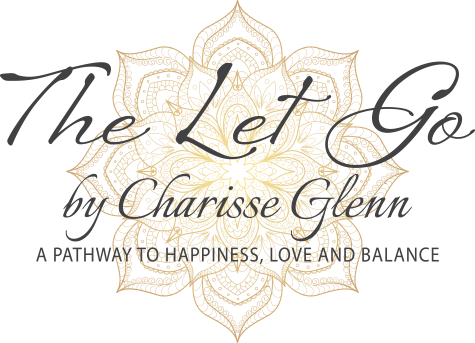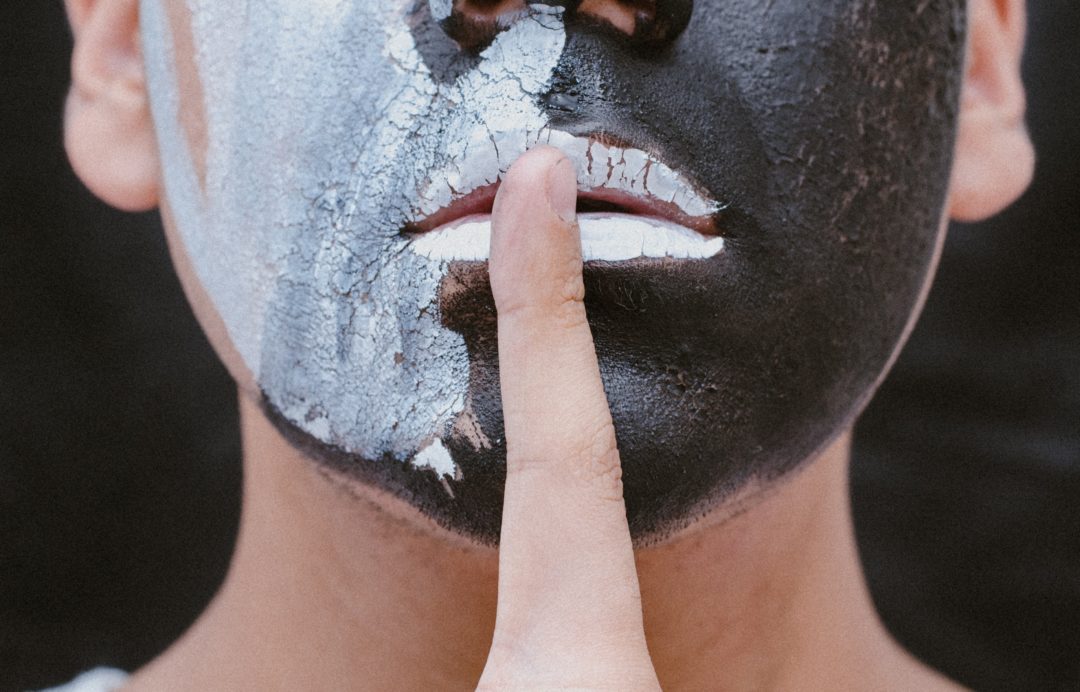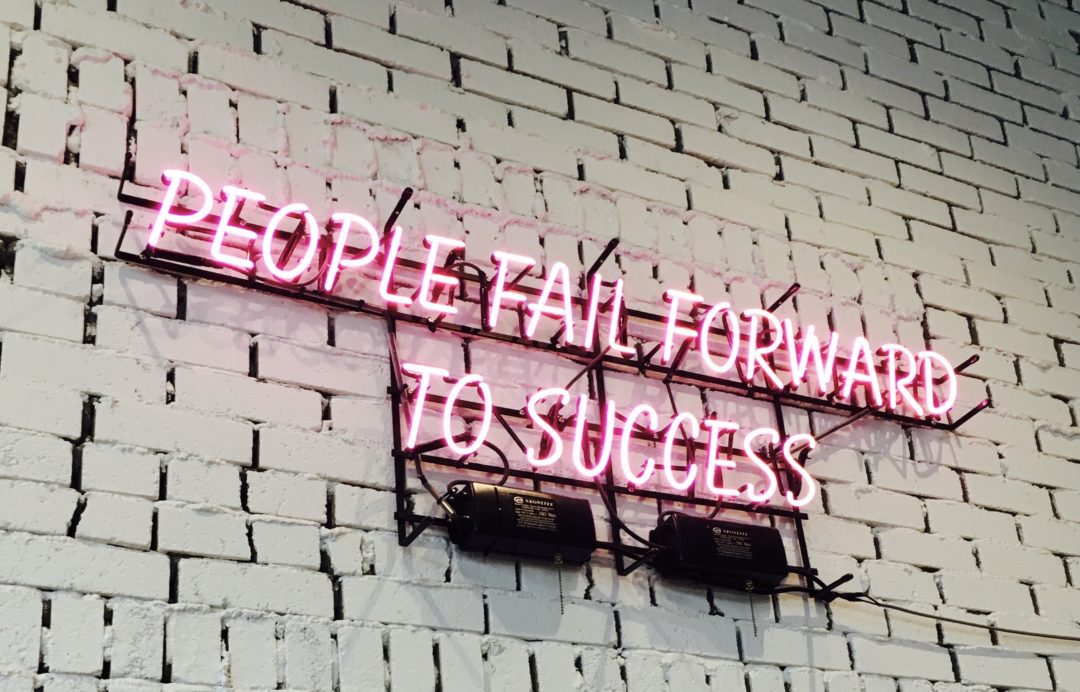Teach your children well.
~ Graham Nash
Once, there was a young girl who spoke in a hushed voice. Though soft-spoken, she was not timid. Her parents and peers often urged her to speak up, and her classmates would say they couldn’t hear her when she stood to speak from the back of the room.
One day, seeing her frustration, her teacher took her aside and said, “It’s okay to speak with your soft voice. You’ll speak up when you want to be heard, so don’t worry about what others say.
Those words changed my life— forever.
When truth is heard, it strikes a chord. His words resonated deeply, not because they addressed my ability to communicate, but because they affirmed something more essential. Being heard isn’t about volume. It’s about deciding whether what we want to say is worthy of hearing. “When you want to be heard, you will be.” That phrase became a quiet mantra, playing in the background of my psyche. The permission to stay exactly as I was became the very challenge that nudged me beyond my comfort zone.
To communicate requires courage. The word itself comes from cour, Latin for heart. Its original meaning: to speak all that lives within one’s heart. And within that word, rage—the fire that fuels expression.
I grew up in an era where children were expected to be seen, not heard. Our families, cultures, and peers teach us beliefs about right and wrong, true and false. These beliefs shape who we become. But if we are no longer comfortable with what is, we must ask why we continue to follow limiting thoughts. What has been learned can be unlearned. The choice is always ours: to stay as we are, or let go to become more.
Through introspection, I explored why people couldn’t hear me. Though my nature was soft-spoken, I was not modest about expressing ideas. I spent hours immersed in books, exploring concepts that had been newly illuminated in my developing mind. Curious, I began searching for clues in my belief systems. I quickly identified factors that contributed to my quietness.
My mother is Japanese-American, and Japanese culture is quiet by nature. When I visited my grandparents’ home, there were two older generations in the household: my grandparents and great-grandparents. If my brother and I wanted to make noise, we had to go outside.
My father had been a Marine, and the decorum never left him. Combined with his alcoholism, which kept me perpetually on my toes, quiet became my strategy. I learned to navigate the world as non-intrusively and invisibly as possible.
The ability to be heard came from understanding why I had chosen silence. Recognizing that my quietness was both environmental and tactical, I realized it wasn’t written in stone. It was my interpretation that shaped who I had become. On the journey of self-awareness, we examine the habits we’ve acquired. If these ways of being no longer serve us, we can release them. Let them go. Replace them with those that empower us to move forward.
The power to unlearn is within us all. Often, it’s through seemingly simple comments that our beliefs are shaped. Receiving permission from a teacher that I was enough was a quiet gift that sculpted my life. His words didn’t shame me. They supported me. They allowed me to become a woman with a voice.
It took me quite a long time to develop a voice, and now that I have it, I am not going to be silent.
~Madeleine K Albright





